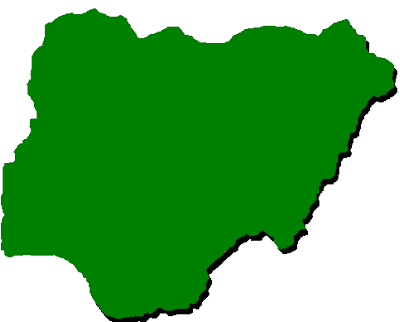By Paul Onomuakpokpo
With the abrupt termination of the
probe of Emir of Kano, Mallam Muhammad Sanusi 11, we have been denied the
opportunity to witness a shamefaced confirmation or a smug rebuttal of the
allegation of financial sleaze against him. Is the allegation that he mismanaged
N6 billion of his emirate a mere canard peddled to sully his hard-earned
reputation? This remains unresolved. It was the Kano State Public Complaints
and Anti-corruption Commission that first started a probe of Sanusi before the
state House of Assembly launched an investigation into the same matter.
 |
| *Emir Sanusi |
The investigations were provoked by his trenchant
criticism of the northern establishment. He drew the ire of his highly
conservative leaders when he accused Zamfara State Governor Abdulaziz Yari of
not only failing to take action to check the outbreak of meningitis but for
regarding the affliction as a direct comeuppance for his people’s violation of
divine stipulations against fornication and adultery.
It is by no means a surprise that Sanusi has been embroiled
in another controversy. For him, controversy is a veritable staple of life.
Therefore, if controversy does not come on its own, Sanusi courts it with
aplomb. Then the approbation follows. He is seen as one of the enlightened
people from the north who could speak truth to power. It was a controversy that
he triggered by accusing the Goodluck Jonathan government of corruption that
led to his removal as Central Bank governor.
















